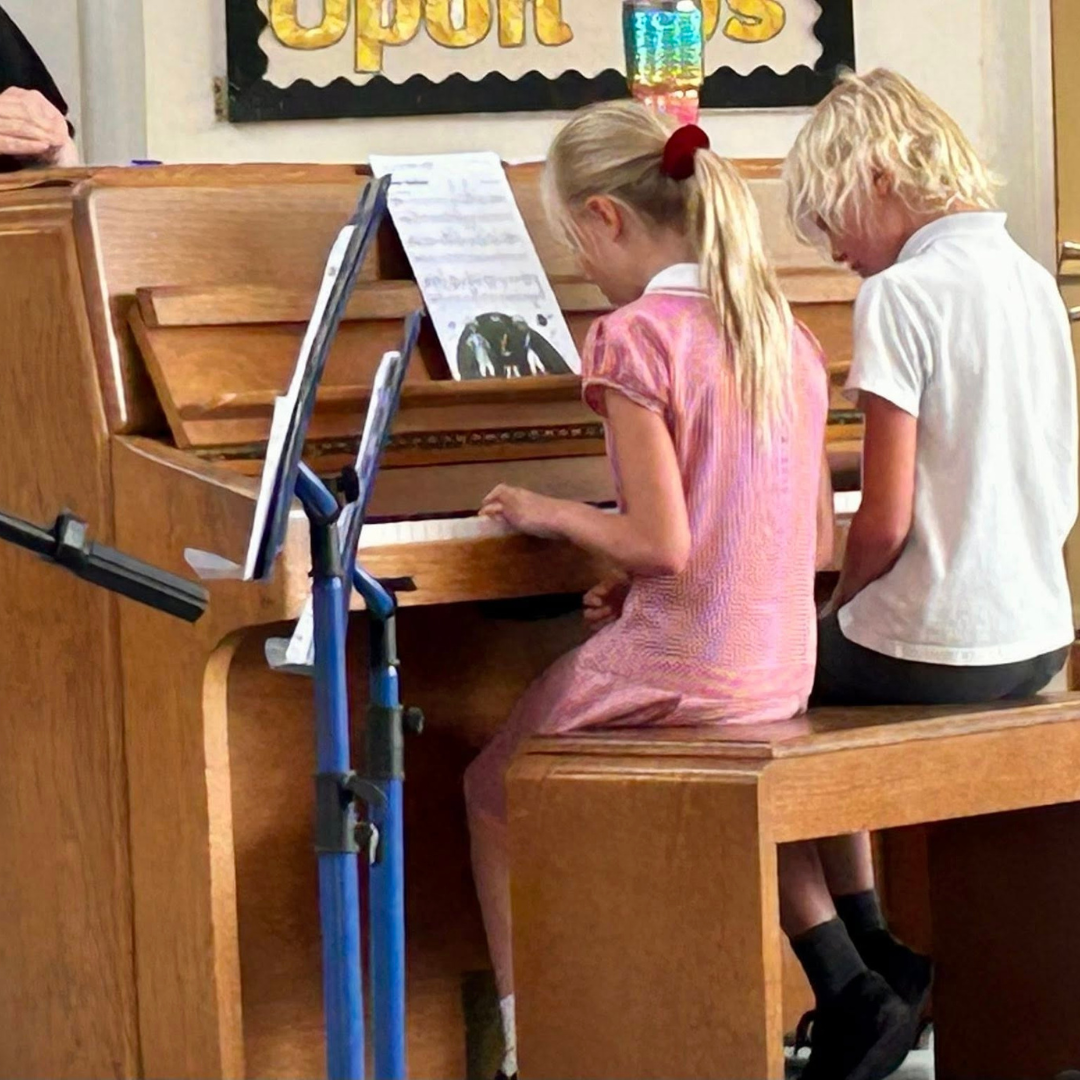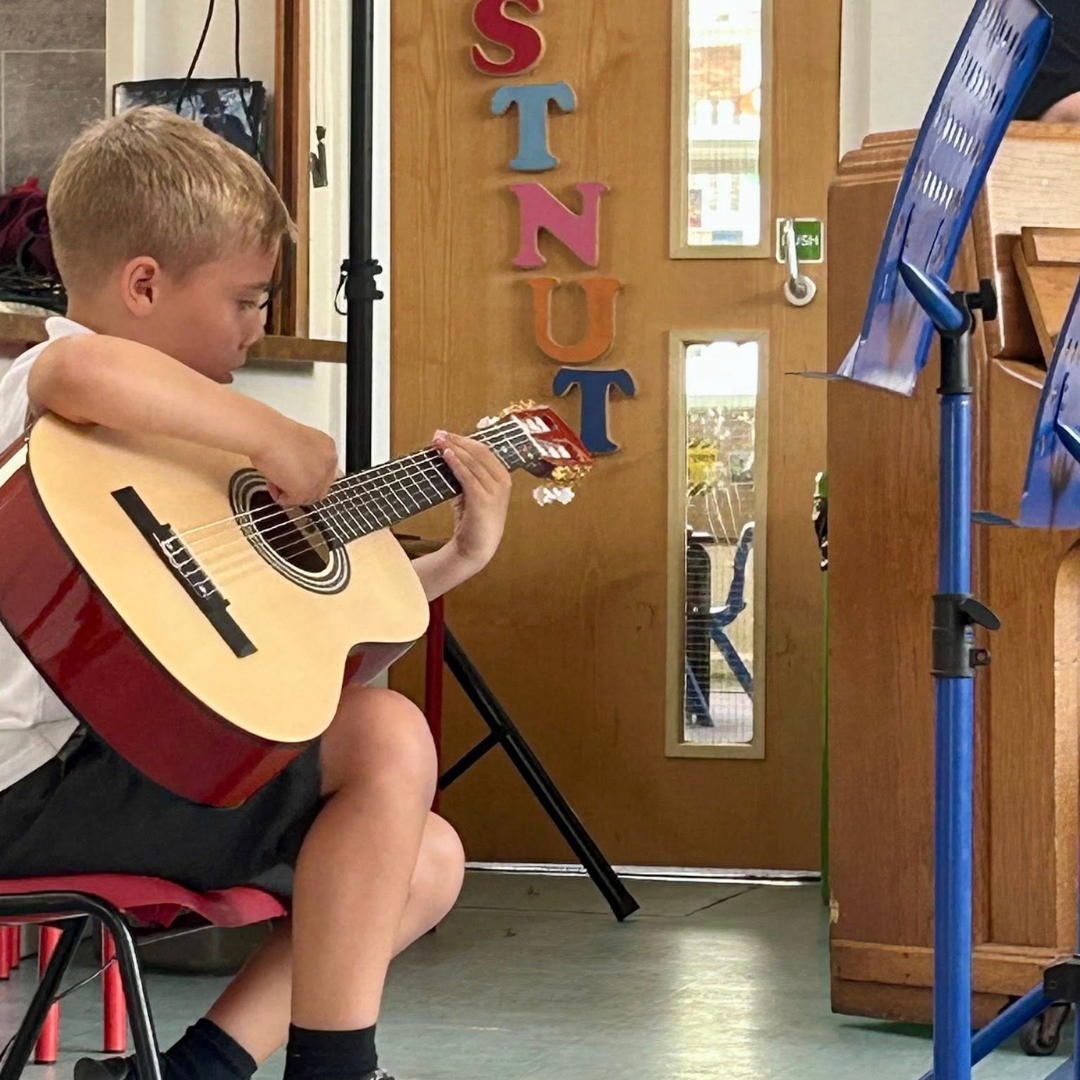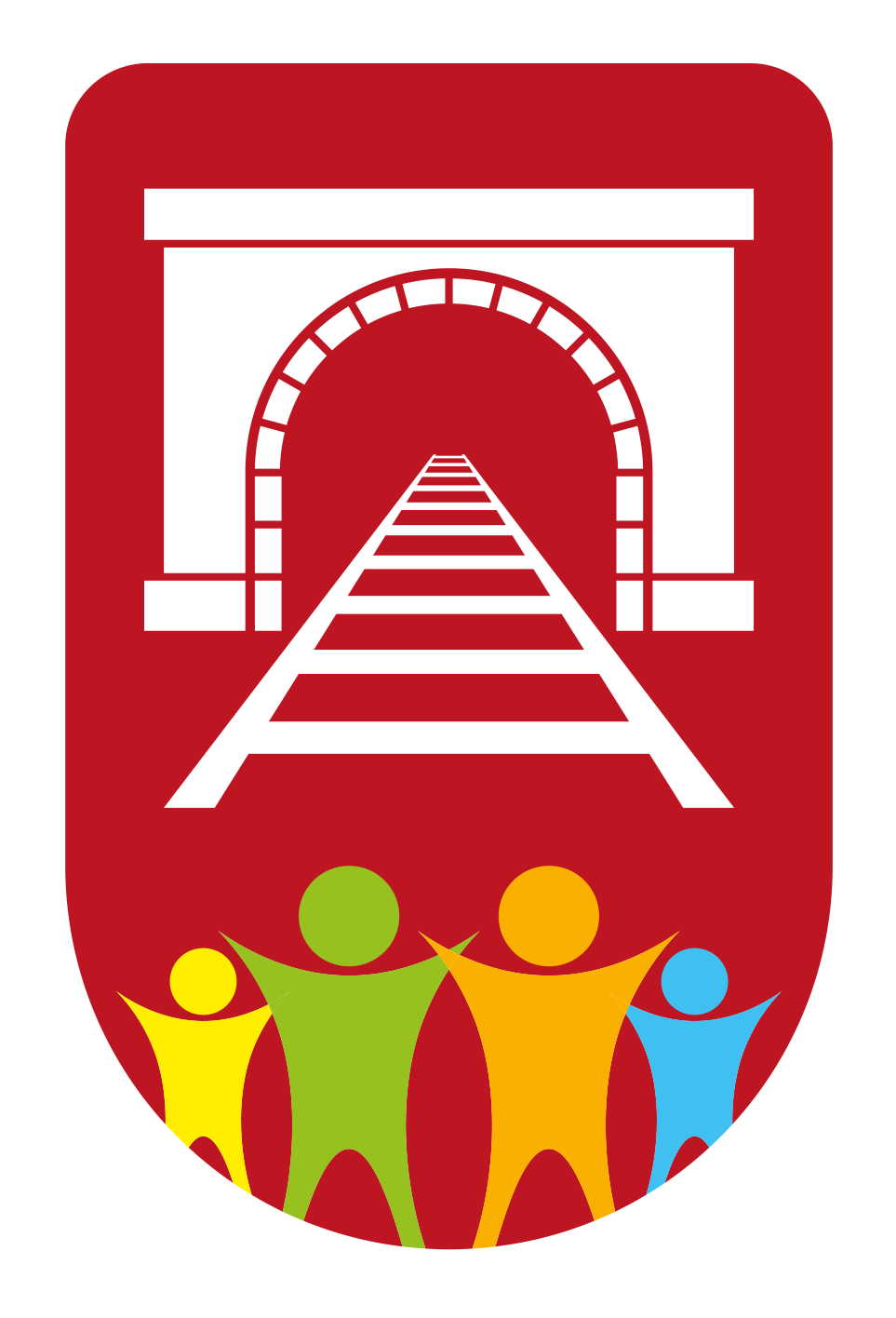Music
Intent
Why is Music important at Kilsby?
At Kilsby, we focus on developing the whole child, and support the children to ‘live life in all its fullness’ (John 10:10).
Through music, we are provided with a powerful universal language which helps promote unity, enables us to process and express our emotions and fuels our imagination.
Whether we are singing, playing, or listening, we develop our aural discrimination through music, which is an important part of communication and literacy. This links to our Christian core values of cooperation, achievement and respect.
Music is important in developing individual discipline, focus and memory, which then inspires the pupils at Kilsby to become confident and caring individuals, allowing them to build on their creativity and passion for music.
Implementation
When is Music taught?
Music is taught through thematic units.
How is Music taught?
Music is taught through a combination of subject knowledge and composing, performing, listening and appraising skills. Learning takes place both inside and outside the classroom. At Kilsby school, children in upper KS2 have the opportunity to learn an instrument from Northamptonshire Music and Performing Arts Trust, and they are exposed to a range of instruments such as ukulele, steel drums, clarinet and samba drums.
Also, at Kilsby School from KS1 the children have the opportunity to learn an instrument through private lessons by the Peripatetic Music Team. Children have the option to learn the keyboard, piano, guitar, violin and viola.
Who do we learn about in Music?
We learn about a range of famous composers from history, such as J.S. Bach, Ludwig Van Beethoven and Rimsky-Korsakov. We also learn about more contemporary composers, such as Andrew Lloyd-Webber.
What do we learn about in Music?
We learn about the following:-
- Notation
- Graphic scores
- Signs and symbols
- Soundscapes
- Sound effects
- Singing
- Sea shanties
- Folk songs
- National anthems
- Slave songs
- Battle chants
- War songs
- Cyclic patterns
- Instrument families
- Evolution of instruments
- African music, including drumming
- Celtic music
- Hanukkah music
- Jingles
- Film music
- Musicals
- Inuit throat singing
How do we assess and monitor music?
At Kilsby, we want to promote the whole child and value our children’s creative and individual responses to the subject. Therefore, assessment in music occurs throughout the learning process. We do this through conversation with the children as they are working, open-ended feedback and effective questioning techniques. For their summative assessment, teachers refer to the skills ladders for their phase group.




